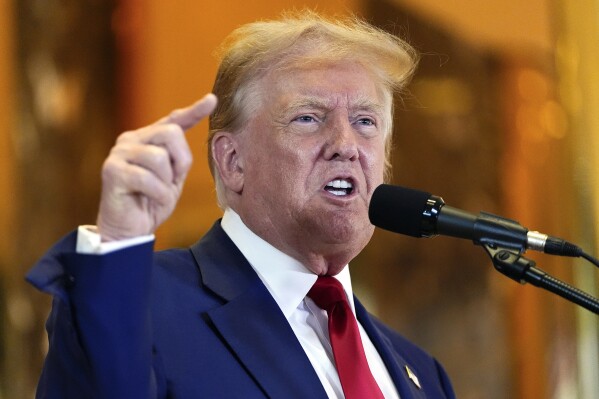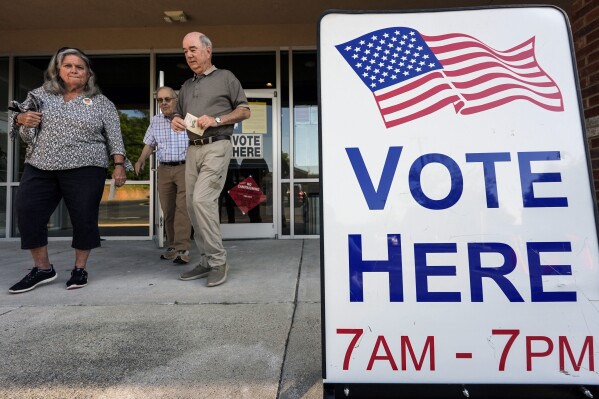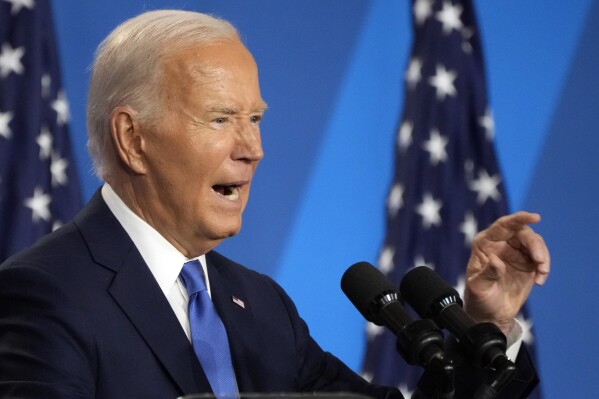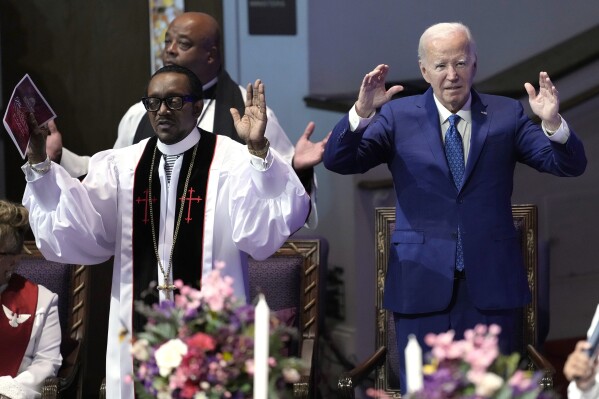John McDonnell understands politics in a way that his comrade Jeremy Corbyn never did. While Corbyn was mithering on about “winning the argument” after the 2019 election defeat, McDonnell had already seen a few moves ahead. He urged his colleagues in the Socialist Campaign Group to stay in Labour and fight for their policies, but to be careful – and not to give their opponents excuses to kick them out.
His warning fell on deaf ears, as one Corbynite after another, including Corbyn himself, resigned from the front bench, or left the Labour Party – or gave Keir Starmer an excuse to kick them out. Thus, the Campaign Group has been marginalised, reduced from 32 members in the last parliament to 25 now – a decline from 16 per cent of Labour MPs to 6 per cent of a much larger number.
So it is significant that McDonnell was out and about fomenting rebellion in the new Parliamentary Labour Party less than a week after the formation of a Labour government.
The former shadow chancellor has said that he may seek to amend the King’s Speech if scrapping the two-child benefit cap on state benefits, imposed by George Osborne, is not in it.
It is significant for two reasons. One is that McDonnell thinks that the two-child limit is the first issue that is going to cause internal problems for the new government. The other is that he thinks it is safe to go public to say so. This is because Anas Sarwar, the Scottish Labour leader, Sadiq Khan, the Labour mayor of London, and Suella Braverman, Labour’s hate figure on the Conservative right, have all called for the limit to be lifted.
McDonnell is a good judge of how to use an elite consensus to make transitional demands. Who can be against the relief of child poverty? If The Independent and Nigel Farage are for it, how can the Labour government resist? The inconvenient fact that public opinion supports the two-child limit can be overlooked. The consensus is that ending it would be a good idea; the only question is when the country can afford it.
Thus, McDonnell thinks that he is, in Sarwar’s words, “pushing at an open door”. Alan Campbell, the government chief whip, has already lost half the argument with idealistic new MPs who want to be loyal, even if only for the sake of advancement – because it cannot be disloyal to call for something advocated by Gordon Brown.
Indeed, it is not against Labour policy to call for the two-child limit to be lifted “when resources allow”. The party line is that it is something it would like to do, but that there is no money and so not doing it is one of the tough choices that the disastrous Tories have forced the incoming government to make.
McDonnell’s skill in turning the ratchet is to sound entirely reasonable in calling for action against child poverty, but then to suggest that he will table an amendment to the King’s Speech. That puts pressure on the speaker to allow a vote in parliament the week after next, which would force Labour MPs to choose.
Tony Blair suffered a big rebellion – against a cut to lone parent benefit – six months after coming to power in 1997. But it would be unprecedented for a new government to face a significant rebellion so soon after being elected, and on something as symbolic as the vote on the party’s legislative programme.
What is worse for Starmer is that child poverty is only one of a wave of possible rebellions from his MPs over the summer. He faces tough decisions over which he may be challenged from the right, such as on releasing prisoners early and refusing to put a date on the ambition to raise defence spending.
But the really hard choices are those over which he will be challenged from the left, including on public-sector pay, as our political editor reports today. Wes Streeting, the health secretary, and the junior doctors’ leaders sound optimistic about a deal, but behind them is a queue of other public servants wanting to catch up.
The good news for the prime minister is that he has enjoyed an election bounce in public support. In a rare post-election opinion poll, Ipsos found that his net favourability is now plus seven points, compared with minus 13 before the election campaign.
When people were asked how they felt about the election result, the most common responses were “hopeful” (36 per cent) and “relieved” (24 per cent); more people said the result of the election made them feel more positive (39 per cent) about the next five years than negative (31 per cent).
So Starmer has some capital hoarded for the attrition of decisions in government that will offend one group or another. His honeymoon is not over yet, and he has an advantage that Blair never had of expectations being low. But John McDonnell can sense trouble ahead, and he is relishing it.
Disclaimer: The copyright of this article belongs to the original author. Reposting this article is solely for the purpose of information dissemination and does not constitute any investment advice. If there is any infringement, please contact us immediately. We will make corrections or deletions as necessary. Thank you.



